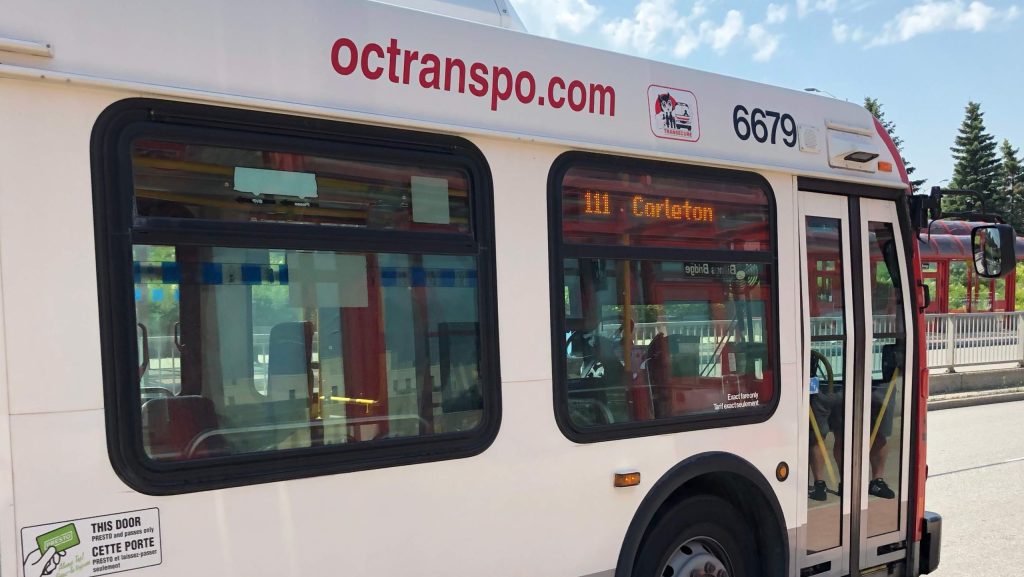City’s enforcement of idling by-law dwindling, latest numbers show
Posted May 15, 2022 05:14:00 PM.
The City’s enforcement of its idling by-law is waning, according to the latest numbers that will be presented at Tuesday’s standing committee on environmental protection, water and waste management.
According to the numbers provided by the general manager of emergency and protective services director, by-law and regulatory services, while service requests have remained fairly stable, action taken by City employees hasn’t held as consistent.
The data provided shows that there were 226 service requests in 2019; 225 in 2020; and 217 in 2021.
There were 21 verbal warnings handed out in 2019; seven in 2020; and three in 2021.
However, the number of by-law infractions given out in 2019 was eight; zero in 2020 and two in 2021.
“Complaints are mostly settled through warnings and education rather than with the issuance of fine,” the report that will be presented to committee on Tuesday, May 17 says. “Complaints originating from the core of the City often include complaints about tour buses that are idling and people that pick up other people in front of office buildings at the end of their workday.”
Complaints in suburban areas, however, often related to parents dropping off or picking up their kids at schools, and from people on neighbouring properties.
The report states, however, that Ottawa Public Health (OPH) receives very few complaints about idling.
The idling control by-law report was approved by the planning and environment committee on April 23, 2007, and council on May 9, 2007.
The purpose of the by-law is to protect the environment and public health by reducing greenhouse has emissions, smog and criteria air contaminants.
At the time the by-law was enacted, staff expected that the by-law would contribute to achieve the City’s 20 per cent reduction target of greenhouse gas emissions within the community by 2012.
“Since the adoption of the City’s by-law, automakers have sold more and more hybrid and electric vehicles, but they still make up a very small percentage of the vehicles in the city,” the report explains.
The idling by-law says no person shall cause or permit a vehicle to idle for more than three consecutive minutes.
The b-law doesn’t apply to occupied vehicles when the temperatures outside the vehicle is greater than 27 C, including humidex, or less than 5 C, including windchill value.








